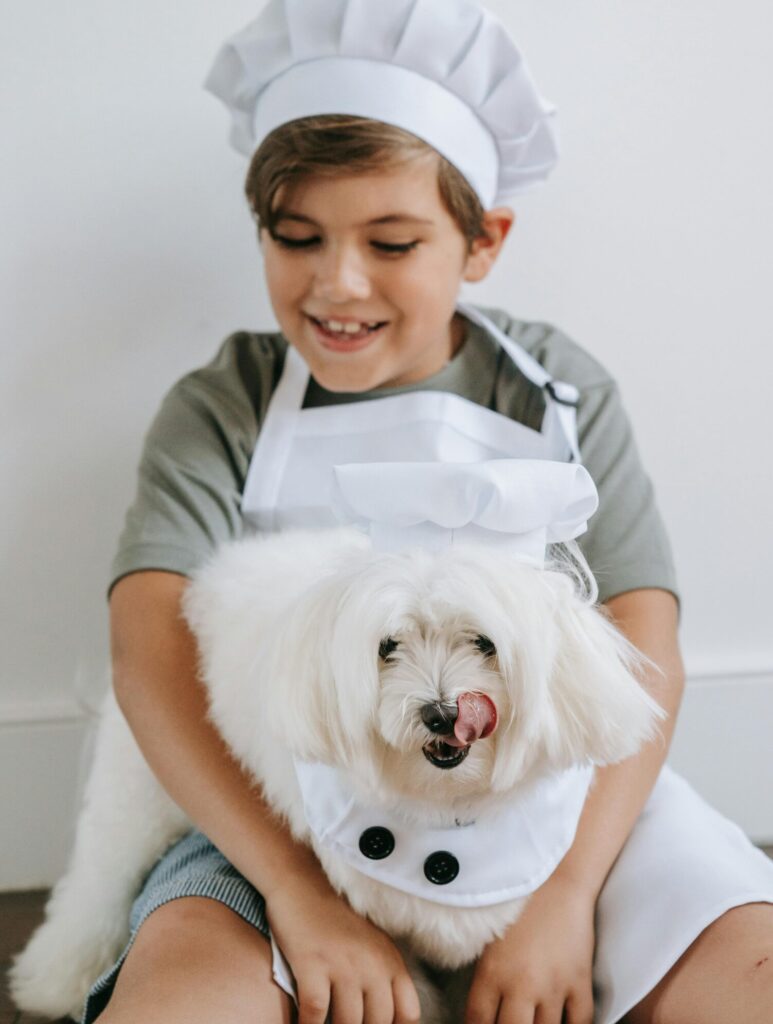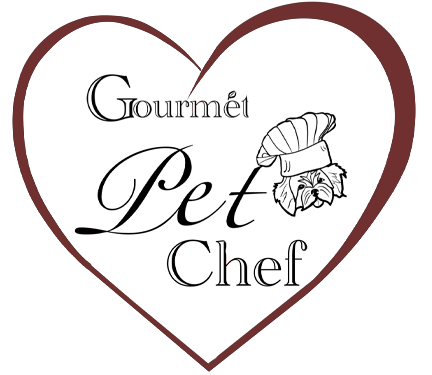When you get your new puppy home, you want to do everything you can to give them the best possible start in life. Besides toys and other fun props, food is essential to be mindful of. Giving them high-quality nourishment promotes a puppy’s growth and well-being.
A common question pet owners ask is about the difference between puppy and adult dog food. While they may look similar at first glance, their formulations are designed with distinct goals to meet the specific needs of growing puppies and adult dogs.
While all dogs consume essentially the same foods, growing pups require specific nutrients to help them improve eyesight and cognitive function, build new muscles, strengthen bones, and more.
As leaders of freshly made small dog food, we review all the information you require regarding puppy nutrition.
Dog Food Basics
All dog food has the same fundamental makeup. At the base of the diet lies high-quality digestible meat, an excellent protein, fat, and energy source. It should also contain a sizable portion of fruits and vegetables, supplying many of the additional nutrients that dogs require.
Most dog diets also contain some grains to make them seem more substantial and satisfying. Gourmet Pet Chef includes gluten-free grains like brown rice in our freshly made small dog food. Often supplements are added that contain extra vitamins and minerals to ensure your pup gets everything they requires to stay healthy.
Difference Between Puppy Food and Adult Dog Food
Before purchasing puppy food, use the following guide to learn the key differences between puppy and adult dog food:
Caloric Intake
Puppy food contains significantly more calories, particularly in proteins and fats. This is due to the high energy requirements of puppies. They require strength to support their rapid growth.
Additionally, because they have not yet developed the ability to control their body temperature more effectively than adult dogs, pups expend more energy to stay warm.
A good cup of adult dog food contains less than 400 calories, whereas puppy feeds include 450 and 500 calories per cup.
Veterinarians recommend that pups get 22.5% of their calories from protein, and a typical puppy meal plan contains 30–40% protein per serving.
Fat
Including fat in your dog’s diet gives them the energy to grow and thrive. Pups require at least 20% of their meals to be fat, substantially higher than that for an adult dog.
Fat must be gradually withdrawn from growing dogs as it can lead to weight gain, causing their muscles and bones to weaken while carrying the excess fat.
Vitamins and Nutrients
All dogs should eat a diet that is balanced in vitamins and minerals. This balance needs to be much more precise in developing puppies since imbalances might result in long-term problems in their growing bodies.
For instance, as pups develop, it’s crucial to maintain the proper calcium/phosphorus ratio. It’s vital to ensure they consume a diet tailored to their size category, which permits the correct development of their bones.
Purchase Freshly Made Small Dog Food
Gourmet Pet Chef aims to provide the best food for your puppies and small dogs. We create a nutrient-dense diet and use fresh, mindfully sourced meats like lamb and chicken, along with their organs, marrow, and other parts. The freshly made small dog food is free of artificial flavors, colors, and preservatives.
We customize puppy food that is both allergen-free and suitable for different needs.
Contact us today and fetch the best food for your furry friend!
Related posts:
- Trimming Down for a Healthier Hound: How the Right Kibble Can Help Your Dog Lose Weight Safely and Effectively
- Why Gourmet Pet Chef’s Prepared Chicken and Rice is the Best Food for Dogs with Arthritis
- Kelp and Fish Oil: The Key Ingredients in Gourmet Pet Chef’s Nutritious Dog Food
- Health Benefits of Gourmet Dog Food from Gourmet Pet Chef
 Skip to content
Skip to content


